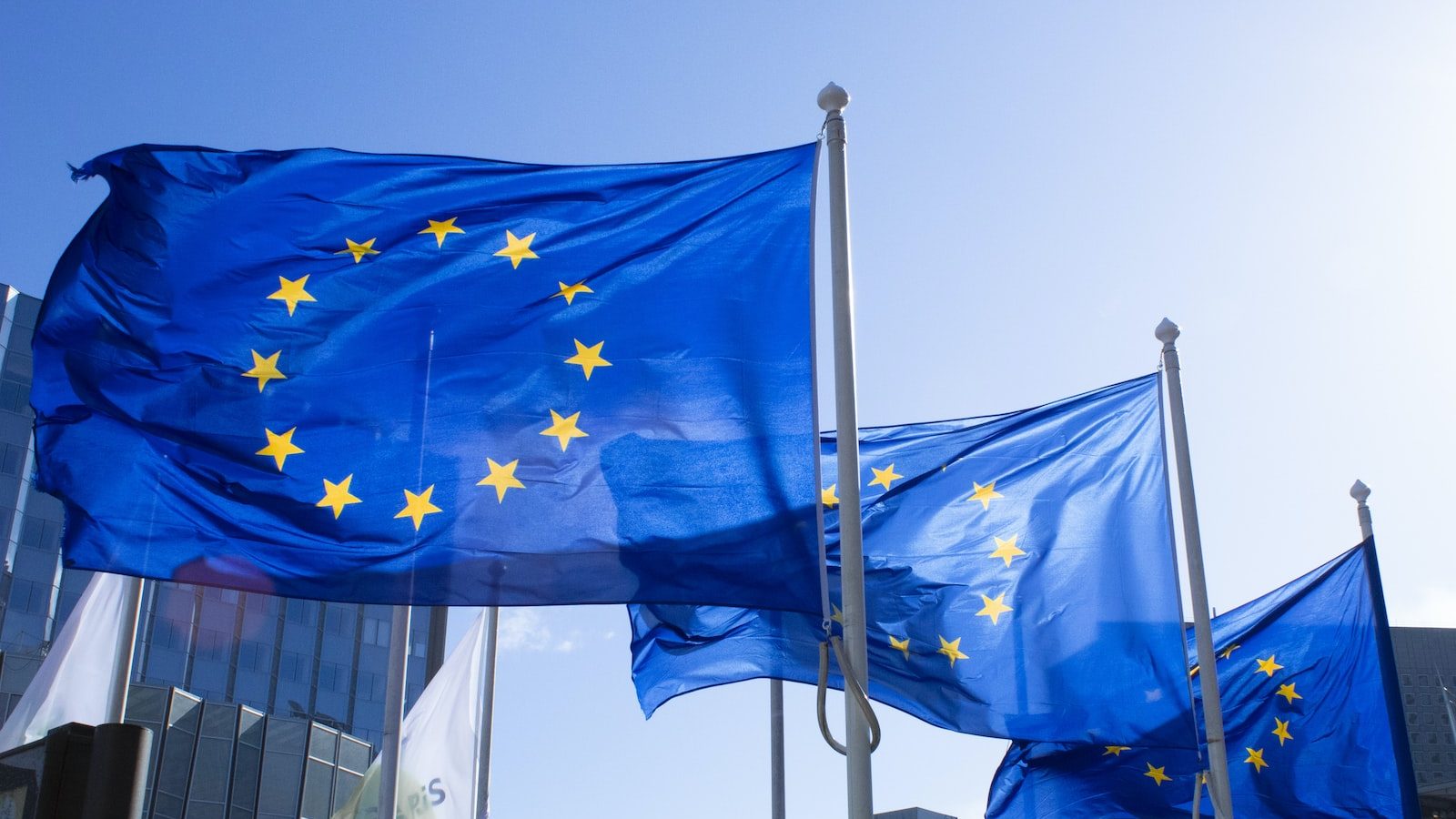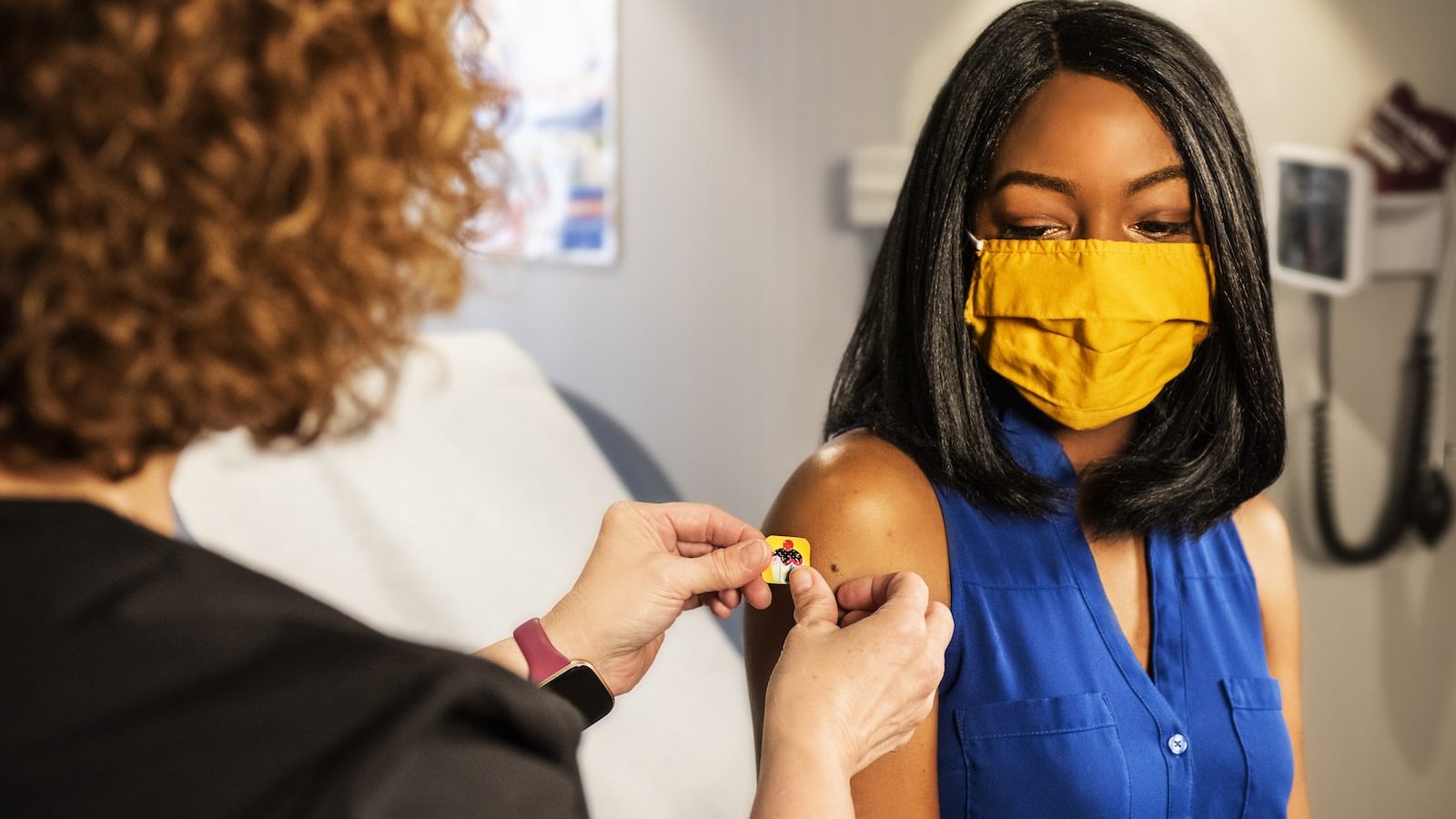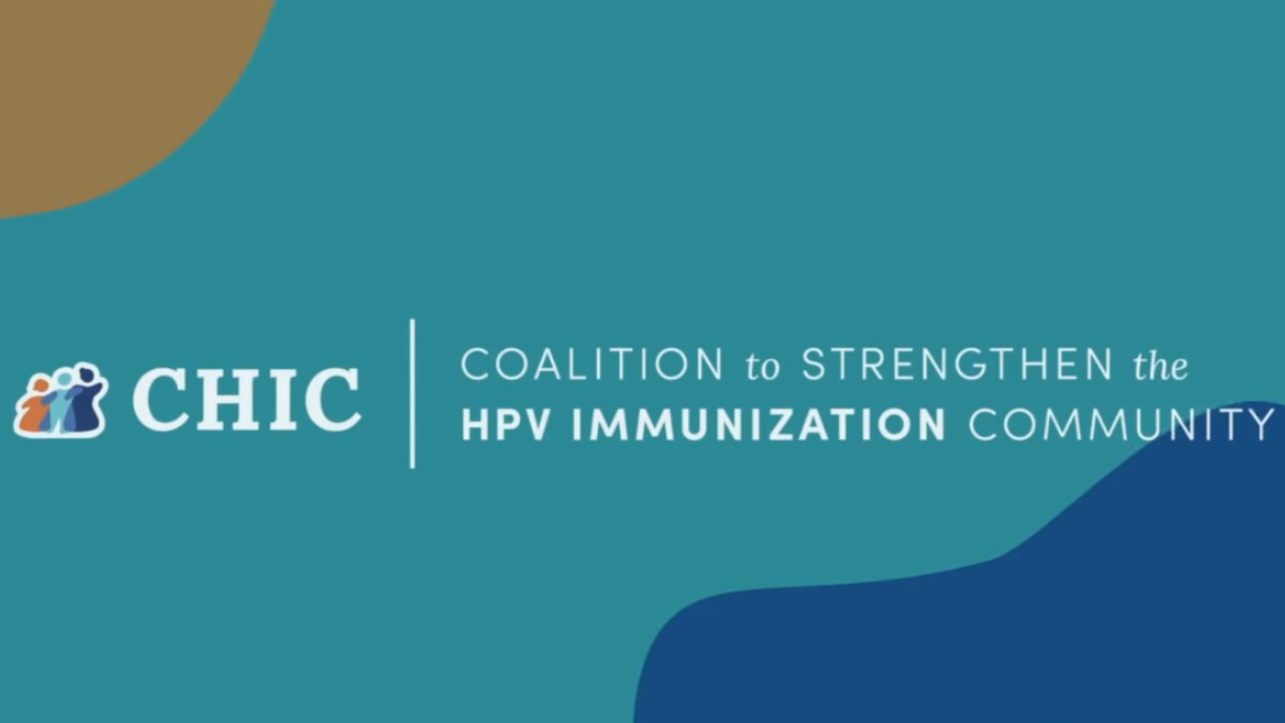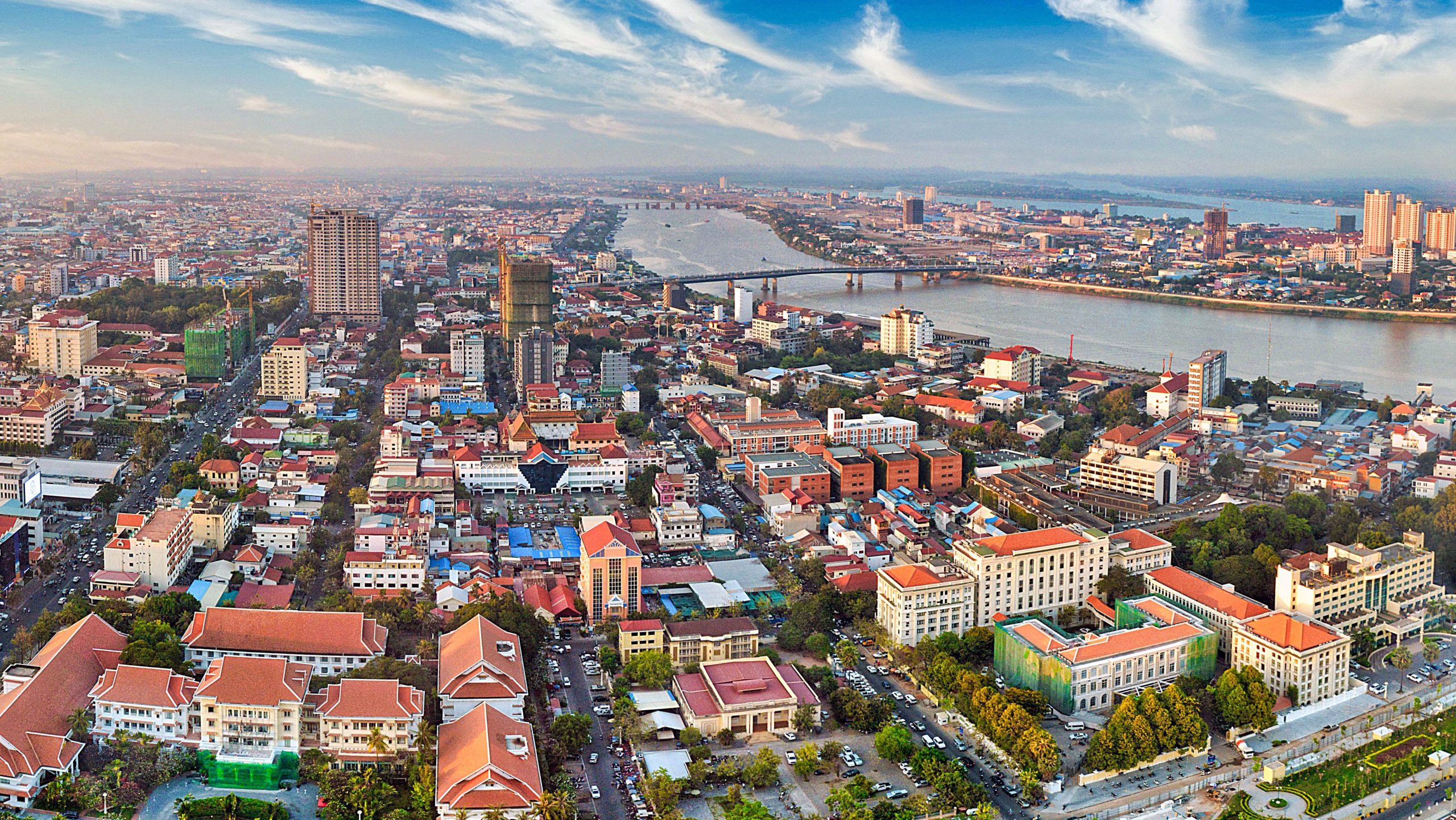This paper explores how Japan’s response to HPV vaccine concerns has been perceived across the globe and illustrates examples in other countries that have faced similar challenges, such as Australia, France, India, and the United Kingdom.
Related content

In 2018, the European Commission engaged the Vaccine Confidence Project to create the first “State of Vaccine Confidence in the EU” report. Since then, the VCP has conducted bi-annual research to map and monitor public attitudes to vaccines across the region and examine trends over time.

The aim of this qualitative study was to provide an in-depth exploration and comparison of French mothers and adolescent girls’ perceptions of the risks and benefits of HPV vaccination.

Overview The global community of practice around HPV vaccination is not formalised to cut across multiple disciplines, and thought leaders from low-…

Overview Human Papillomavirus (HPV) is the fourth biggest cause of mortality amongst women in Brazil according to the Pan American Health Organisation (PAHO) but COVID-19…

In June 2013 the Japanese Ministry of Health, Labor, and Welfare…

To identify knowledge gaps, beliefs and attitudes in relation to the COVID-19 pandemic and COVID-19 vaccine acceptance among adults in the Asia-Pacific region, the Vaccine Confidence Project conducted two waves of quantitative research in 2021 and 2022.